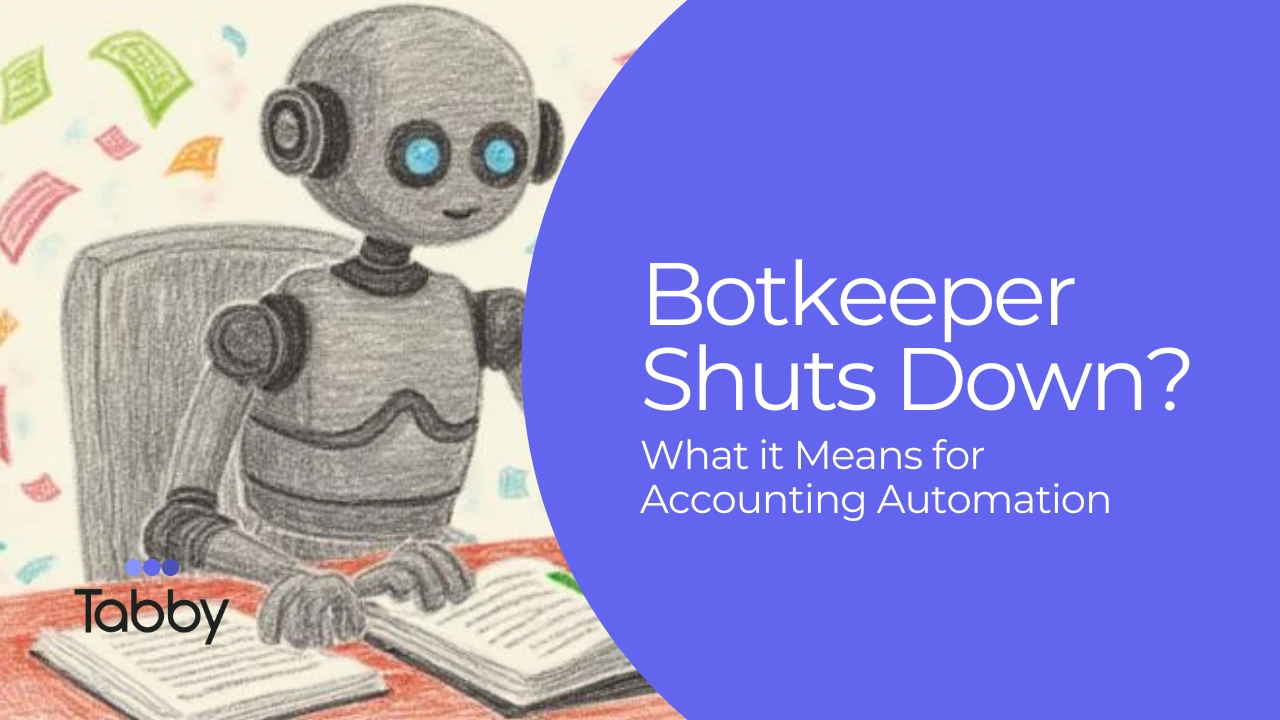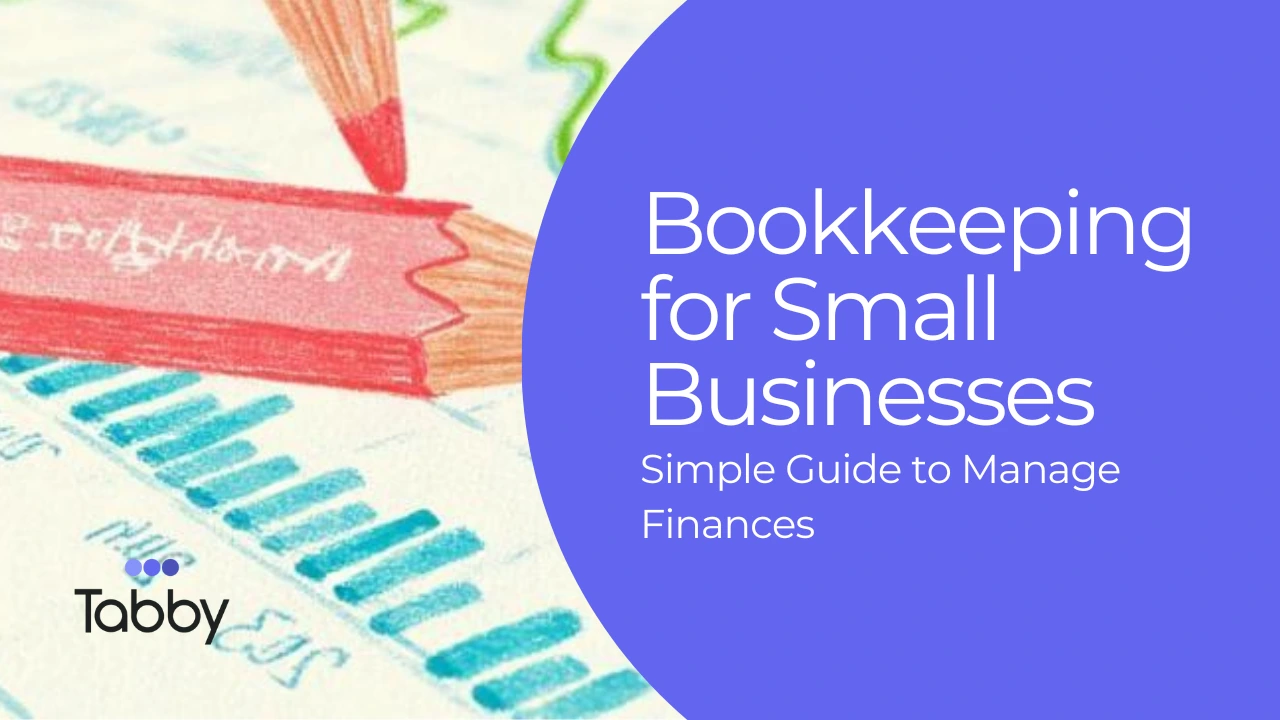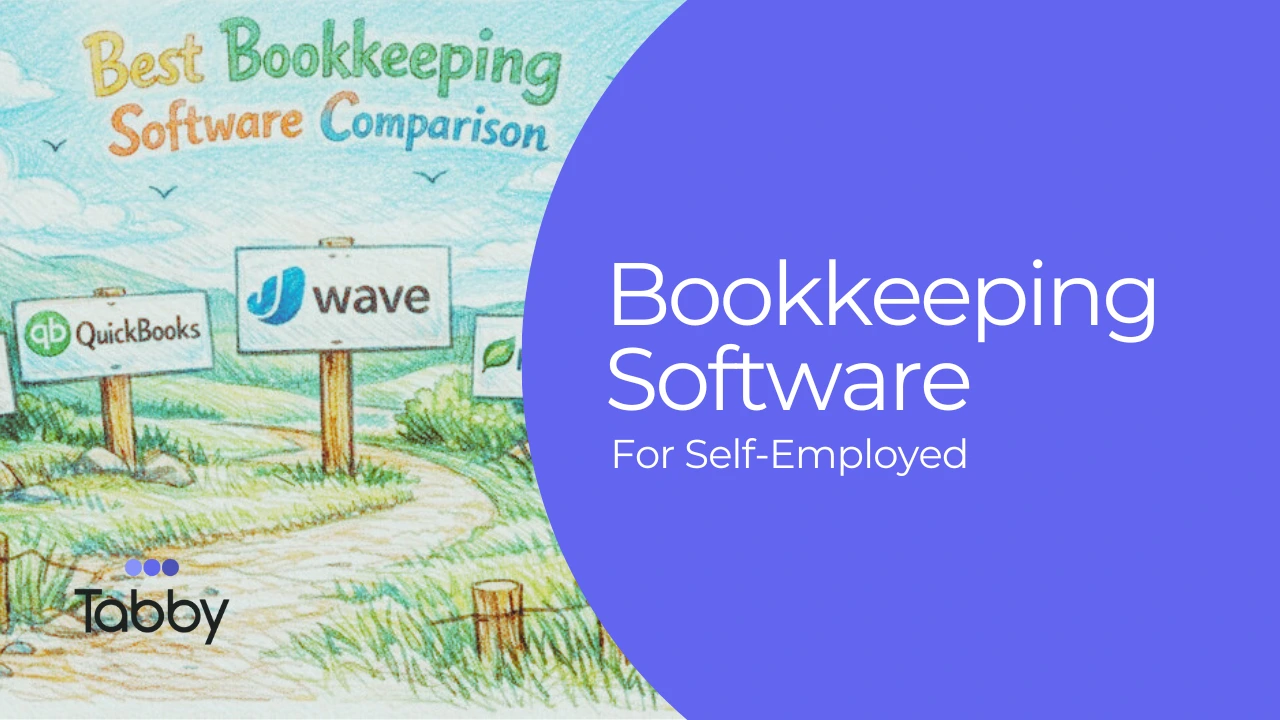Let’s be real — bookkeeping sounds intimidating when you’re just starting out.
Numbers. Receipts. Spreadsheets. Reports.
It feels like the least exciting part of running your business, right?
But here’s the thing — bookkeeping isn’t just about keeping the IRS happy (though that’s important too). It’s actually one of the biggest secrets to running a successful, stress-free business. Because when you know exactly where your money’s going, you make smarter decisions. And smarter decisions lead to more profit — and a whole lot less panic at tax time.
So, if you’re new to this world — don’t worry. I’ve broken it all down, step by step, in plain English.
Let’s start simple.
Step 1: Understand the Basics of Bookkeeping
Bookkeeping is the process of recording financial transactions, categorizing them and ensuring they are accurate. The key elements of bookkeeping include:
- Income tracking: Recording all sales and revenue streams.
- Expense tracking: Documenting all business-related expenditures.
- Accounts payable and receivable: Managing invoices and payments.
- Bank reconciliation: Ensuring that bank transactions match your records.
- Financial reporting: Generating statements like profit and loss (P&L) and balance sheets.
Step 2: Choose a Bookkeeping System
There are two primary bookkeeping methods:
- Single-entry bookkeeping: Suitable for small businesses with simple transactions. It records income and expenses once.
- Double-entry bookkeeping: A more accurate system that records every transaction in two accounts (debits and credits). Required for businesses with complex finances.
If you’re a spreadsheet person — go for it.
But if you’d rather let tech do the heavy lifting (and who wouldn’t?), there are tons of great bookkeeping apps that automate the boring stuff.
Step 3: Open a Business Bank Account
To keep your business finances organized, separate them from personal expenses by opening a dedicated business bank account. This makes tracking income and expenses easier and ensures accuracy during tax time.
Step 4: Track Income and Expenses
Recording every financial transaction is crucial. Categorize expenses correctly to make financial reporting easier. Common expense categories include:
- Rent and utilities
- Office supplies
- Advertising and marketing
- Travel expenses
- Employee salaries and wages
Using a bookkeeping app or accounting software can automate expense tracking and help with accurate categorization.
Step 5: Keep Receipts and Documentation
The IRS requires businesses to keep financial records for at least three years. Use digital tools to scan and store receipts to ensure you have proof of expenses for tax deductions and audits.
Step 6: Reconcile Bank Statements Monthly
Bank reconciliation ensures that your records match your bank statements. This process helps detect errors, prevent fraud, and maintain financial accuracy. Compare your bookkeeping records with your bank statement and resolve any discrepancies.
Step 7: Generate Financial Reports
Financial reports help you understand your business’s financial health. The key reports to review include:
- Profit & Loss Statement (Income Statement): Shows revenue, expenses, and net profit.
- Balance Sheet: Displays assets, liabilities, and equity.
- Cash Flow Statement: Tracks cash coming in and going out of the business.
Step 8: Prepare for Taxes
Accurate bookkeeping ensures you can file taxes correctly and claim all eligible deductions. Organize financial records, track deductible expenses, and consult with an accountant if needed.
Bookkeeping may seem overwhelming at first, but following a structured approach makes it manageable. Whether you choose to do it manually or use bookkeeping software, keeping accurate records is key to financial success. By implementing these steps, small business owners can stay organized and avoid tax-related issues.
If you’re ready to ditch the spreadsheets and simplify everything, try Tabby — it tracks your income, finds deductions automatically, and even prepares your tax-ready reports.
You focus on growing your business. Let Tabby handle the books.
Want to simplify your bookkeeping? Try Tabby today!



